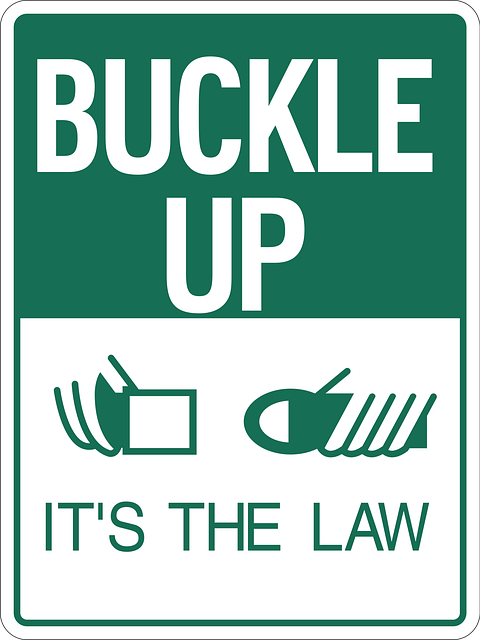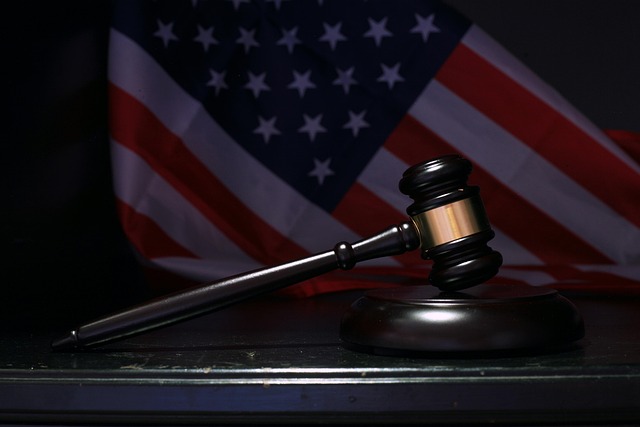Plea bargaining, a key mechanism in criminal justice, allows defendants to negotiate charges and sentences, often resulting in reduced punishments. While efficient and beneficial for case management, it raises ethical concerns regarding sentencing severity, especially when lighter sentences are offered for serious crimes. This process is particularly prevalent in white-collar cases, where complex financial offenses frequently lead to plea agreements. The impact on sentencing severity demands a delicate balance between swift justice, effective deterrence, and ensuring fair consequences, all while maintaining public trust in the criminal justice system.
“Criminal law enforcement faces a delicate balance between fairness and efficiency. At the heart of this equilibrium lies plea bargaining, a critical aspect of criminal justice that shapes outcomes for both accused individuals and prosecutors. This article explores the multifaceted role of plea bargaining, examining its impact on sentencing severity and the broader implications for the justice system. We analyze its role in prosecutorial discretion, ethical considerations, and how it influences the final disposition of cases, offering insights into a practice that significantly affects the criminal justice landscape.”
- Understanding Plea Bargaining: A Definition and Its Role in Criminal Justice
- The Impact of Plea Bargaining on the Prosecutorial Discretion
- Balancing Fairness and Efficiency: Defending the Benefits of Plea Bargaining
- Sentencing Severity and its Relationship with Plea Bargains: A Comprehensive Analysis
- Ethical Considerations and Challenges in Plea Bargaining Practices
Understanding Plea Bargaining: A Definition and Its Role in Criminal Justice

Plea bargaining is a critical aspect of criminal justice that involves a defendant and prosecutor reaching an agreement to resolve a criminal charge outside of a trial. Instead of facing a judge’s decision, defendants may opt for a negotiated plea deal, which often includes accepting guilt in exchange for a reduced sentence or charges dropped entirely. This process has a profound impact on sentencing severity, allowing both parties to avoid the time-consuming and unpredictable nature of jury trials.
The strategy is particularly relevant in cases involving white collar and economic crimes, where complex legal battles can drag on for years. By engaging in plea bargaining, defendants can mitigate potential consequences and secure a more favorable outcome. However, it’s important to note that this practice also raises concerns about guilty pleas being coerced or made without full understanding of the implications, which underscores the need for proper legal representation during these negotiations.
The Impact of Plea Bargaining on the Prosecutorial Discretion

Plea bargaining is a critical aspect of criminal law enforcement that significantly influences the prosecutorial discretion. This process allows defendants to negotiate a plea deal with prosecutors, often resulting in a lesser charge or reduced sentence severity compared to what they might face at trial. The impact of plea bargaining on sentencing severity cannot be understated; it offers a more efficient and potentially less costly alternative to lengthy trials. By accepting a plea bargain, both corporate and individual clients can avoid the time-consuming and unpredictable nature of an indictment, which may not always lead to a conviction.
Across the country, prosecutors utilize plea bargaining as a strategic tool to manage their caseloads and allocate resources effectively. This practice has its merits, as it allows for quicker resolutions, saves judicial time, and can help ensure that guilty parties are brought to justice while managing the complexity of cases. However, critics argue that excessive reliance on plea bargaining might lead to more lenient sentences, potentially undermining the effectiveness of deterrence in criminal law enforcement.
Balancing Fairness and Efficiency: Defending the Benefits of Plea Bargaining

Plea bargaining is a fundamental aspect of criminal law enforcement that often sparks debate regarding its impact on fairness and efficiency within the justice system. While critics argue that it can lead to lighter sentences for offenders, defenders assert that it offers significant advantages in achieving both fair outcomes and efficient case management. By allowing defendants to negotiate plea agreements with prosecutors, this process streamlines the legal journey, reducing the time and resources required for lengthy jury trials.
One of the key benefits is its potential to avoid indictment, providing a path to resolution without subjecting victims or witnesses to the rigors of a trial. This not only reduces the emotional toll on those involved but also ensures that cases are handled more swiftly, allowing law enforcement agencies to focus their efforts on other pressing matters. The impact on sentencing severity can vary, but plea bargaining often results in agreements that are mutually agreeable, fostering a sense of justice and potentially leading to more cooperative relationships between defendants and prosecutors.
Sentencing Severity and its Relationship with Plea Bargains: A Comprehensive Analysis

The relationship between sentencing severity and plea bargaining is a complex dynamic that significantly influences the criminal justice system. Plea bargaining, a process where defendants agree to plead guilty in exchange for a reduced sentence, plays a pivotal role in shaping outcomes for both corporate and individual clients involved in high-stakes cases. This strategy allows prosecutors to manage their caseloads and focus resources on trials with more significant implications.
In essence, the impact of plea bargaining on sentencing severity is multifaceted. Defendants who accept plea deals often receive lighter sentences compared to those who go to trial and are found guilty. This incentive structure can lead to a perception of leniency, especially in cases where the potential punishment is severe. However, it’s crucial to balance the need for swift justice with ensuring that defendants still face meaningful consequences for their actions, thereby maintaining the integrity of the criminal justice process.
Ethical Considerations and Challenges in Plea Bargaining Practices

Plea bargaining is a critical aspect of criminal law enforcement, offering both advantages and ethical dilemmas. The process allows for efficient case resolution, potentially reducing the backlog in courts and enabling law enforcement to focus on other matters. However, it raises questions about justice and fairness, especially regarding sentencing severity. When defendants plead guilty to reduce their sentence, it can lead to more lenient outcomes, which may not always align with the gravity of the crime. This practice is particularly relevant in white-collar defense cases across the country, where complex financial crimes are often resolved through plea agreements.
The ethical considerations are multifaceted. Defense attorneys must balance their clients’ interests with the broader impact on sentencing severity and public trust. Negotiating a plea bargain for his clients can be a strategic move, but it may also contribute to perceptions of leniency in severe cases. This challenge lies in striking a delicate balance, ensuring that justice is served while maintaining public confidence in the criminal justice system.
Plea bargaining, while a complex aspect of criminal law enforcement, plays a pivotal role in balancing fairness and efficiency within the justice system. As evidenced by our analysis of its impact on sentencing severity (Plea Bargaining Impact on Sentencing Severity), this process allows for greater prosecutorial discretion while ensuring a fair resolution for both parties. Despite ethical considerations and challenges, plea bargaining remains a vital tool for navigating complex criminal cases. Understanding its intricacies is crucial for promoting a more balanced and effective criminal justice system.






